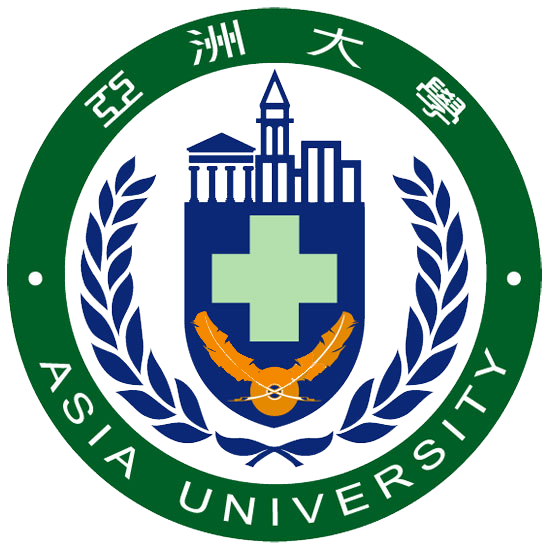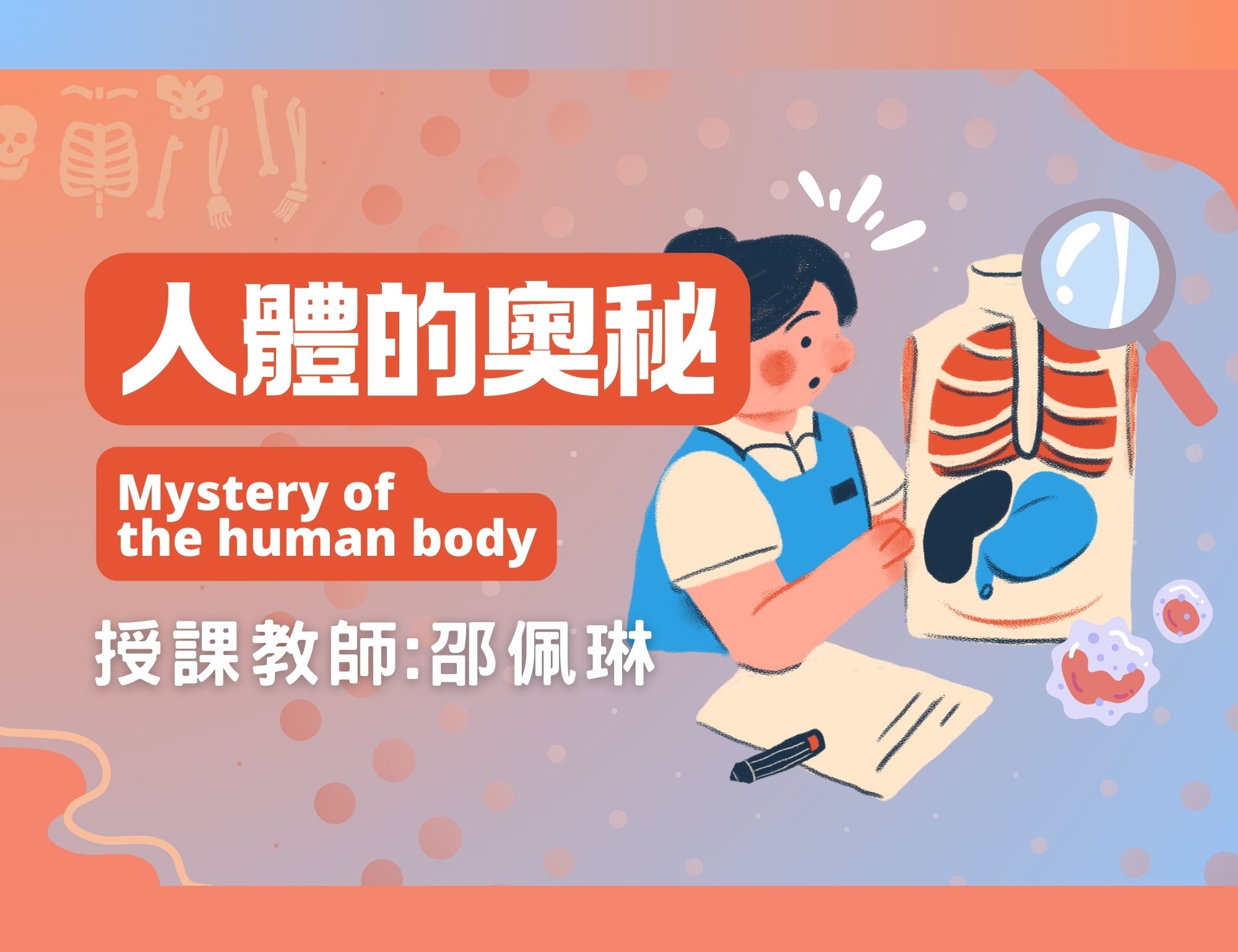Course Enrollment Link
https://www.ewant.org/admin/tool/mooccourse/mnetcourseinfo.php?hostid=13&id=14085
Certificate Application & Download Tutorial
Start Date: 2024/07/01
Summary
Throughout history, whether driven by curiosity or the advancement of medical research, humans have never ceased to explore the mechanisms of the human body. Did you know? The fluid distribution within the body is similar to irrigating rice fields, the mouth controls food "imports," the heart is diligent, the kidneys are environmentally friendly, and the brain truly lives up to its reputation. The "Mysteries of the Human Body" course will take students on a journey to explore the intricately organized human city. Students will understand the relationships between the anatomical locations of various organs and learn the normal physiological operations of each system. It is hoped that through understanding the structure and function of the human body, students will enhance their health literacy and acquire accurate knowledge to promote physical health.
Instructor
Professor Pei-Lin Shao
Assistant Professor, Department of Nursing, Asia University
Course Schedule
- Unit 1: The Dark History of Human Anatomy
- Unit 2: The Incredible Science of the Cross
- Unit 3: The Evolution of Anesthesia Science
- Unit 4: Move Around and Easily Remember Muscle Names (I) (II)
- Unit 5: Midterm Exam Week
- Unit 6: Is the Concept of ECMO Inspired by the Placenta?
- Unit 7: A Small Step for Blood Transfusion, A Giant Leap for Medical Progress
- Unit 8: Surgery Successful, Patient Dead?! The Microbial War in Progress
- Unit 9: The Evolution of Organ Transplantation: From Wild Dreams to Nobel Prizes
- Unit 10: Final Exam Week
Course Content
- Week 1:
- Course Introduction
- The Dark History of Human Anatomy
- Week 2:
- If I Understand How the Body Decomposes, Then...
- The Incredible Science of the Cross
- Week 3:
- How Do We Know When the Soul Leaves the Body?
- The Evolution of Anesthesia Science: The Heroes Who Liberated Surgery from the Stigma of Butchery
- Week 4:
- Move Around and Easily Remember Muscle Names (I) (II)
- Week 5:
- Midterm Exam Week
- Week 6:
- From the Era of Big Incisions to the Da Vinci Surgical System: Are You Ready?
- Is the Concept of ECMO Inspired by the Placenta?
- Week 7:
- A Small Step for Blood Transfusion, A Giant Leap for Medical Progress
- The Unexpected Marvels of the Thorax
- Week 8:
- The Secret of Seeing: The Mystery of Vision
- Surgery Successful, Patient Dead?! The Microbial War in Progress
- Week 9:
- The Evolution of Organ Transplantation: From Wild Dreams to Nobel Prizes
- The Evolution of Cesarean Section: From Religious Ritual to Medical Practice
- Week 10:
- Final Exam Week
Grading Criteria
- Regular Quizzes: 5 times, each accounting for 20%
Passing Criteria
- Passing grade: 60
- Maximum grade: 100
Prerequisites or Required Skills
Before taking this course, students should have a basic understanding of biology at the junior high school level. This course is open to anyone interested in the structure and function of the human body.
Recommended Reading
- Author: Marieb, E.N. / Mallat, J.; Translator: Feng Chong-Han, Chen Jin-Shan. Human Anatomy (7th Edition). Wei Ming, 2017. (Recommended for national exams).
- Gerard J. Tortora. Principles of Human Anatomy (13th Edition). Wiley, 2014. (Recommended for national exams).
- Author: Mary Roach; Translator: Lin Jun-Wen. Stiff: The Curious Lives of Human Cadavers. Publisher: China Times Publishing Company, 2018.
- Authors: Liu Yu-Chih, Bai Ying-Yu. Risky Scalpel. Publisher: Business Weekly, 2013.
- Author: Kawasaki Satoshi; Translator: Su Wei-Ting. Bizarre! Human-Animal Atlas 1: The Turtle's Shell Is Actually Ribs. Publisher: San Cai, 2020.


